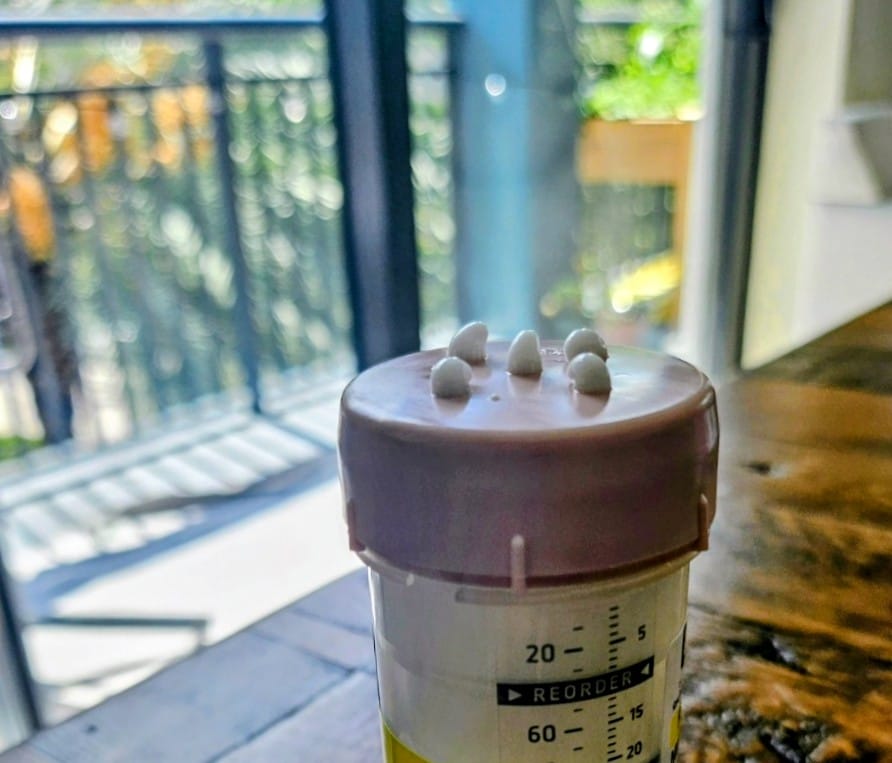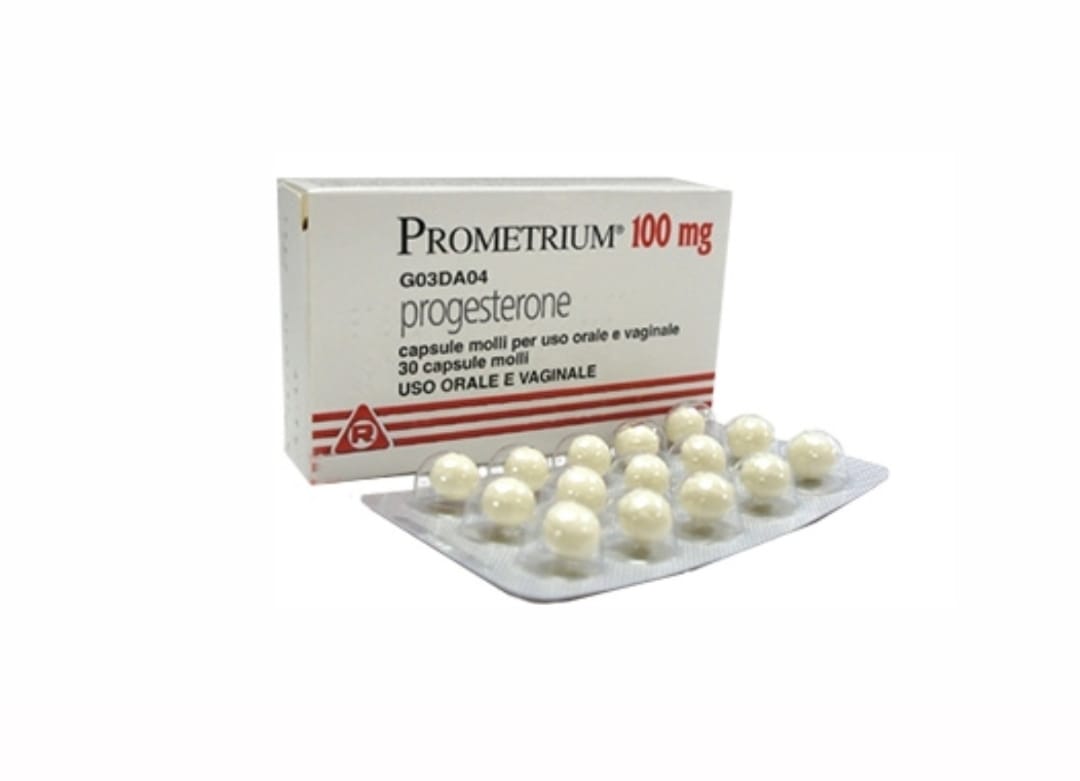Let's get clear on what perimenopause and menopause truly mean.
Perimenopause:
Perimenopause is the transitional period, often lasting 7-10 years, leading up to menopause. It's characterized by a continuous decline in ovarian function, resulting in less estrogen, progesterone, and testosterone circulating in the bloodstream, and ultimately the end of menstruation.
Think of it as a hormonal "rollercoaster" – a time of significant fluctuations that can bring a range of physical, mental, and emotional symptoms. Perimenopause can start as early as 35, and sometimes even the early 30s, as the ovaries gradually produce fewer hormones. This can lead to changes in the menstrual cycle (heavier or lighter, shorter or longer periods) and various symptoms impacting cardiovascular, brain, and bone health.
The impact of perimenopause varies widely; some experience minimal changes, while others face significant challenges that affect their social, personal, and professional lives. According to the World Health Organization (WHO, 2022), common symptoms associated with perimenopause include:
- Changes in menstrual cycle regularity and flow, leading to the cessation of menstruation.
- Vaginal dryness, pain during intercourse, and incontinence.
- Difficulty sleeping/insomnia.
- Mood changes, depression, and/or anxiety.
- Hot flashes and night sweats (though 20-25% of women never experience these). Hot flashes are a sudden feeling of heat in the face, neck, and chest, often accompanied by skin flushing, sweating, palpitations, and physical discomfort lasting several minutes (WHO, p.1).
Other commonly reported symptoms include: Heart palpitations, low libido, itchy skin, itchy ears, joint pain, fatigue, difficulty performing tasks at work, loss of sensuality, decreased caring for others, irritability, impatience, brain fog, fear of dementia due to memory loss, hopelessness, loss of vitality, feelings of isolation, vertigo, and ringing or buzzing in the ears.
Menopause:
Menopause officially occurs when a woman with ovaries has gone 12 consecutive months without menstruation. The day after this 12-month mark, she enters menopause. Menopause also happens immediately if someone has their ovaries removed for medical reasons. Menopause is a natural biological process that will happen to every individual born with female reproductive organs, regardless of symptoms. It typically occurs between the ages of 45 and 55, with the average age being around 51. Many people are surprised to learn it can occur earlier than they thought! And remember, no matter how healthy or fit someone is, menopause is an inevitable part of life.
References:
World Health Organization. (2022). Menopause. World Health Organization.
United Nations, Department of Economic and Social Affairs, Population Division (2019). World Population Ageing 2019: Highlights (ST/ESA/SER.A/430).












